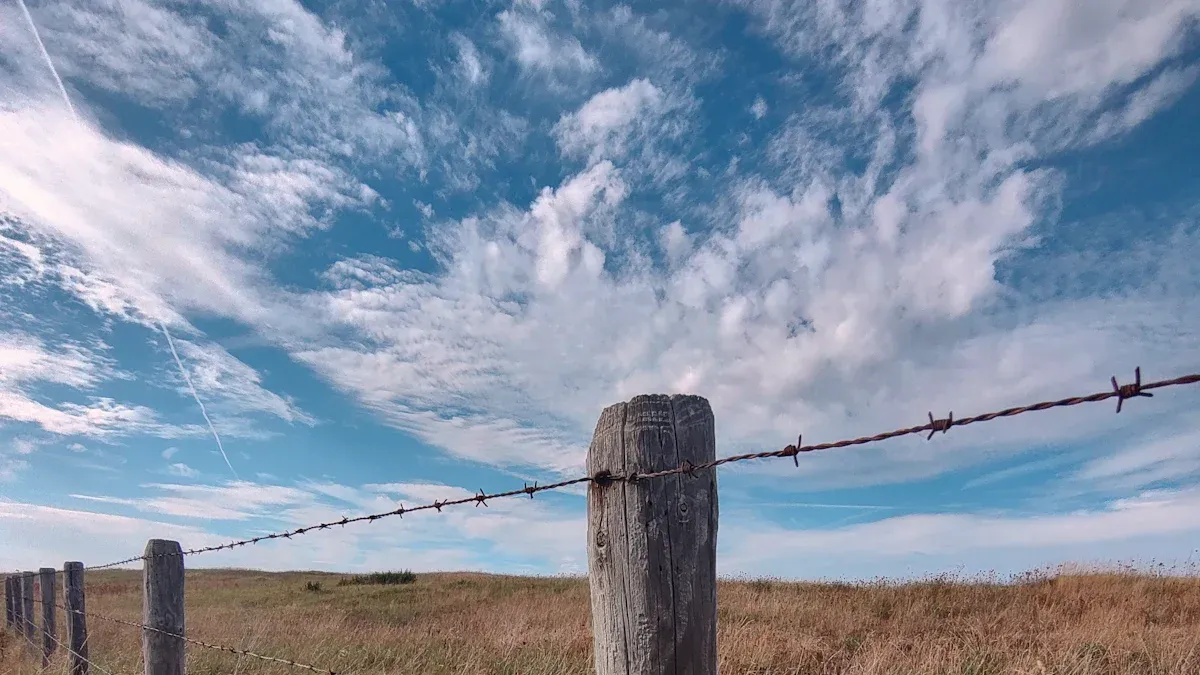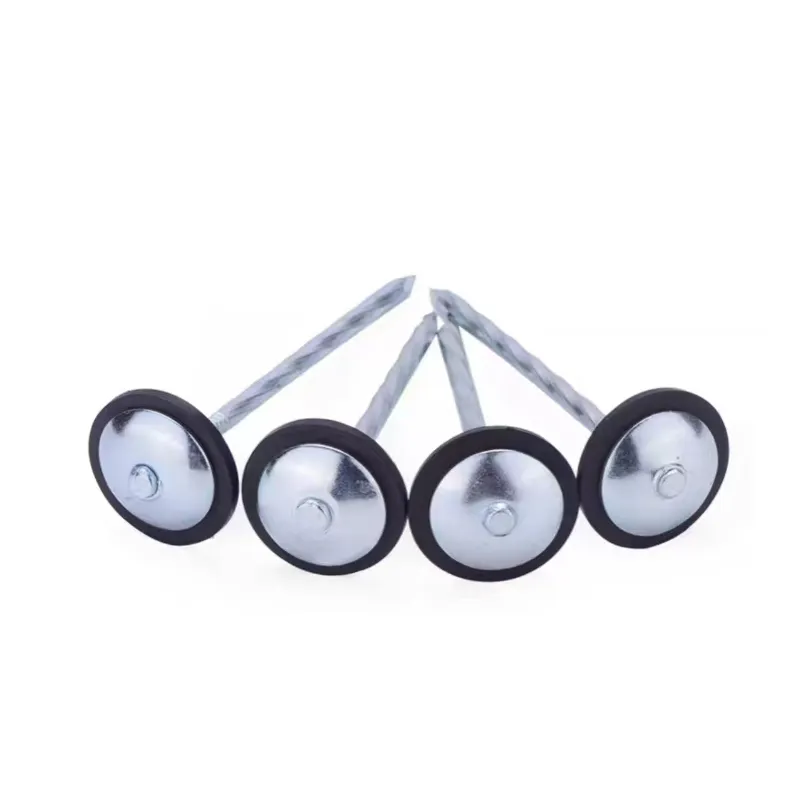Jun . 24, 2025 05:13 Back to list
Wire Rock Baskets for Durable Retaining Walls High-Quality Wire Mesh Rock Baskets
- Introduction to Wire Rock Baskets and Their Growing Role in Modern Construction
- Understanding the Structure and Technical Superiority of Wire Baskets for Rock Wall Applications
- Comparative Analysis: Types and Manufacturers of Wire Rock Baskets
- Customization Options for Wire Mesh Rock Baskets
- Performance Data and Durability Statistics
- Real-World Application Cases and Success Stories
- Concluding Thoughts on the Future Potential of Wire Rock Baskets

(wire rock baskets)
Introduction: The Rising Relevance of Wire Rock Baskets
Over the past decade, wire rock baskets
have gained widespread prominence as essential materials for erosion control, retaining wall construction, and landscaping. Their design, which fuses robust wire mesh with carefully chosen rock infill, offers a solution perfectly tailored to harsh environmental and engineering demands. The rise in global infrastructure spending (which reached $13 trillion in 2023 according to GlobalData reports) has further accelerated the adoption of wire baskets for rock wall and civil projects. Importantly, these systems deliver cost-effective, sustainable, and high-performance alternatives to traditional poured concrete or stone masonry. As industries seek faster, greener, and more adaptable building solutions, the wire mesh rock basket market is projected to grow at a compound annual rate of 7.2% through 2028.
Technical Superiority of Wire Baskets for Rock Wall Protection
The structural integrity and versatility of wire baskets for rock wall applications stem from their engineering and material advantages. Premium baskets are typically manufactured from galvanized or PVC-coated steel wire:
- Tensile Strength: Ranges between 350-550 MPa, ensuring support under massive loads and flood conditions.
- Wire Diameter: Commonly varies from 2.7mm to 4.0mm for optimal balance between flexibility and stability.
- Mesh Size: Standard apertures (e.g., 60x80mm or 80x100mm) enhance resistance to soil movement and water flow while effectively holding stone fill in place.
Manufacturer Comparison: Select Wire Rock Basket Systems
Selecting the right supplier is pivotal for project success. Below is a comparative table highlighting leading manufacturers and their product specifications:
| Manufacturer | Material Strength (MPa) | Coating Type | Standard Mesh Size (mm) | Custom Options | Global Market Share (%) |
|---|---|---|---|---|---|
| Betafence | 450 | ZnAl/PVC | 80x100 | Yes | 18% |
| Maccaferri | 500 | Galvanized/PVC | 60x80 | Yes | 22% |
| Tensar | 380 | Galvanized | 80x100 | Limited | 12% |
| Local OEM | 350 | Galvanized | 80x100 | Yes | 7% |
These data highlight the necessity of matching project needs to supplier strengths, especially regarding availability of custom sizes, long-term corrosion resistance, and global support infrastructure.
Customization and Specification Options for Wire Mesh Rock Baskets
Project requirements can vary substantially, necessitating bespoke options for wire mesh rock baskets. Customization capabilities typically offered by top manufacturers include:
- Wire Gauge and Alloy: Adjustments for extreme climates or aggressive soil chemistry.
- Coating Materials: Variations in PVC thickness and alloy composition extend durability up to 120 years in low-pollution regions.
- Modular Designs: Pre-assembled panels, welded seams, and integration with geotextile layers for specialized drainage or vegetative reinforcement.
- Shape and Dimensions: Beyond the standard rectangular or box gabion, custom trapezoidal, cylindrical, or stepped forms, from 0.5m to 5m in length, meet site-specific demands.
- Color and Aesthetics: Color-matched coatings blend with natural terrain or architectural elements.
Performance and Durability: Key Data Insights
Performance metrics provide quantifiable assurance for engineers and stakeholders. According to a survey of over 200 global projects using wire rock baskets:
- Failure Rate: Less than 0.5% over 20 years, compared to 3.4% for comparable stone masonry walls.
- Installation Time: Up to 60% faster than poured concrete (average: 23 labor hours per 100 square meters).
- Drainage Capability: Permeability rates exceed 90% of total rainfall, minimizing hydrostatic pressure risks.
- Cost Efficiency: Total installed cost is typically 25-40% lower than traditional retaining walls.
Case Studies: Benchmark Application of Wire Rock Baskets
The impact of wire mesh rock baskets is evident in projects worldwide:
- Flood Defense in Southeast Asia: Over 6.8 kilometers of riverbank protected from 2017–2023; erosion rates reduced by more than 90%.
- Transportation Infrastructure in Northern Europe: 4,500+ linear meters of roadway embankment stabilization at 38% savings over cast-in-place alternatives.
- Coastal Protection, North America: Application of zinc-aluminum coated baskets to manage shoreline retreat, resulting in a structural lifespan exceeding 60 years with minimal maintenance.
- Urban Landscaping in Australia: Integration of vegetated wire baskets into city parks, achieving both slope stabilization and aesthetic enhancement.
Conclusion: Outlook for Wire Rock Baskets in Modern Engineering Futures
As demands on infrastructure intensify and sustainability becomes a non-negotiable criterion, wire rock baskets are solidifying their place as a material of choice across continents. Their remarkable blend of flexibility, reliability, and environmental friendliness is supported by a growing volume of field data. Whether stabilizing slopes, managing watercourses, or restoring natural habitats, advancements in wire mesh design and manufacturing are poised to meet future engineering challenges. By continuously evolving to address regulatory, architectural, and ecological priorities, wire baskets for rock wall construction will remain a cornerstone of modern civil engineering well into the next generation of global projects.

(wire rock baskets)
FAQS on wire rock baskets
Q: What are wire rock baskets used for?
A: Wire rock baskets are mainly used for retaining walls, erosion control, and landscaping. They securely hold rocks in place. This makes them popular for both commercial and residential projects.Q: Are wire baskets for rock walls durable?
A: Yes, wire baskets for rock walls are made from heavy-duty galvanized or PVC-coated wire. This ensures long-lasting performance and resistance to weathering. They are suitable for outdoor environments.Q: How do you install wire mesh rock baskets?
A: Installation involves assembling the mesh panels, filling them with rocks, and securing them together. No specialized tools are usually needed. Always follow the manufacturer's guidelines for best results.Q: Can wire rock baskets be used for decorative landscaping?
A: Absolutely, wire rock baskets are popular for creating garden borders, benches, and unique features. The wire mesh allows for creative rock arrangements. They add a modern, natural look to landscapes.Q: What types of rocks are suitable for wire rock baskets?
A: Typically, angular rocks between 4-8 inches work best, as they stay in place well. Avoid very small or round stones. The right rock choice ensures stability and visual appeal.-
Pre Cut Wire - Straightened, Deburred, Custom Lengths
NewsNov.17,2025
-
Binding Wire for Sale - Durable, Rust-Resistant, Bulk Deals
NewsNov.17,2025
-
Field Fencing for Horses – Safe, Durable, Easy Install
NewsNov.17,2025
-
Euro Fence Factory: Durable, Custom Euro Style Fences
NewsNov.17,2025
-
Euro Fence Factory: Durable OEM Panels, Direct Pricing
NewsNov.17,2025
-
Chain Link Fence Suppliers | Galvanized, Factory-Direct
NewsNov.11,2025









